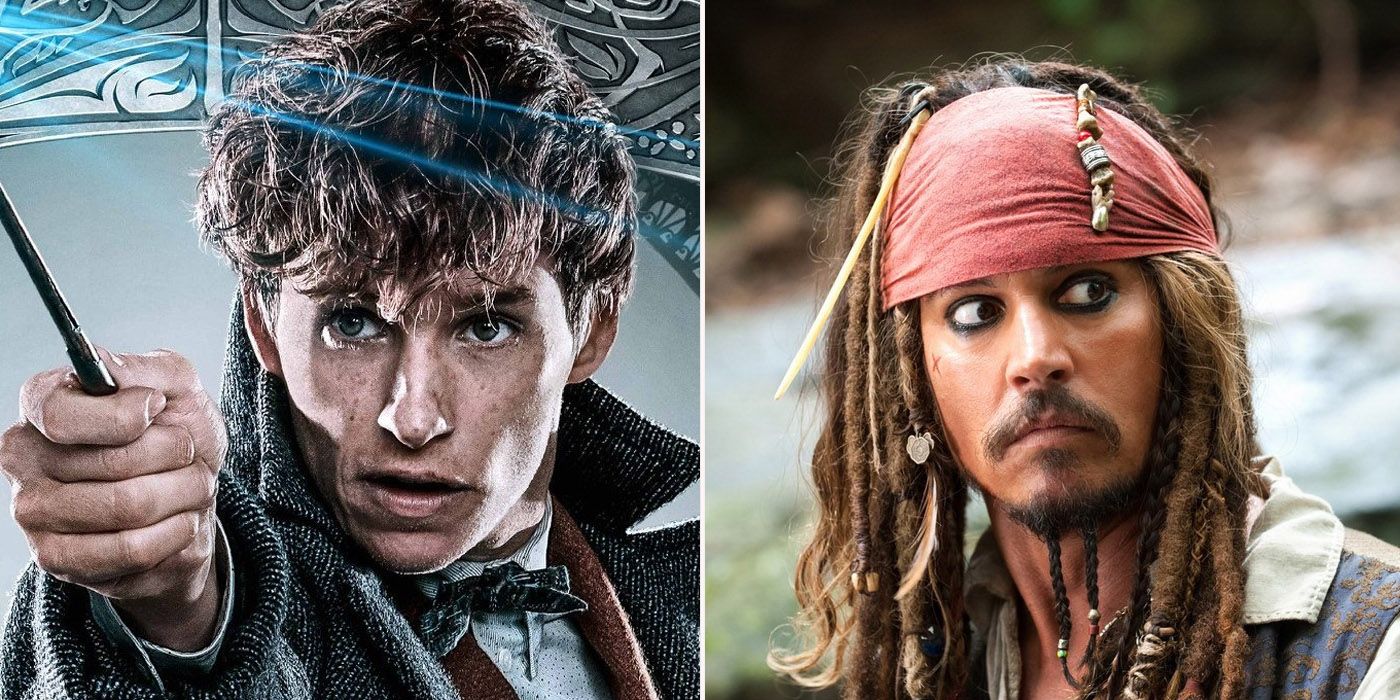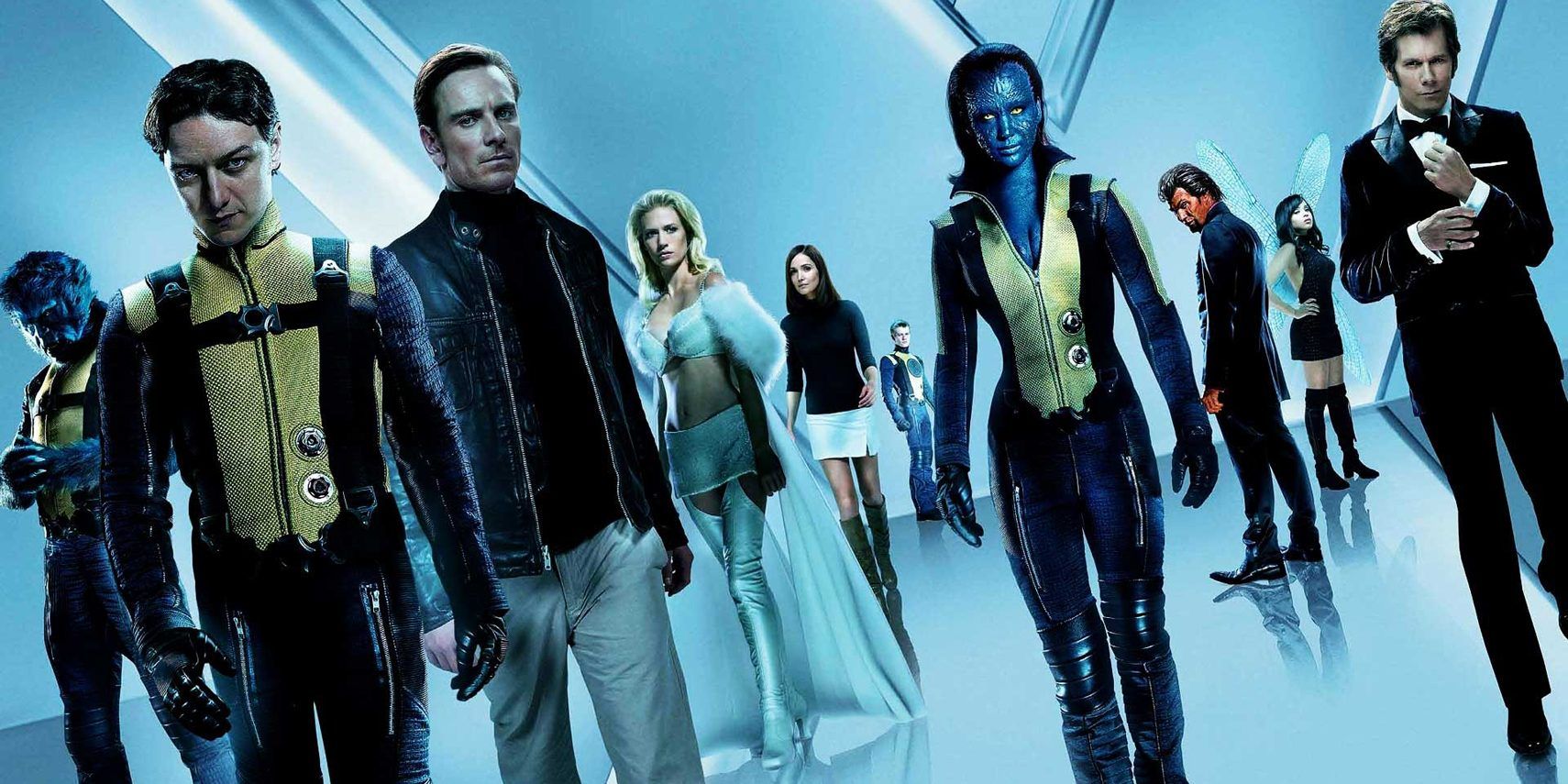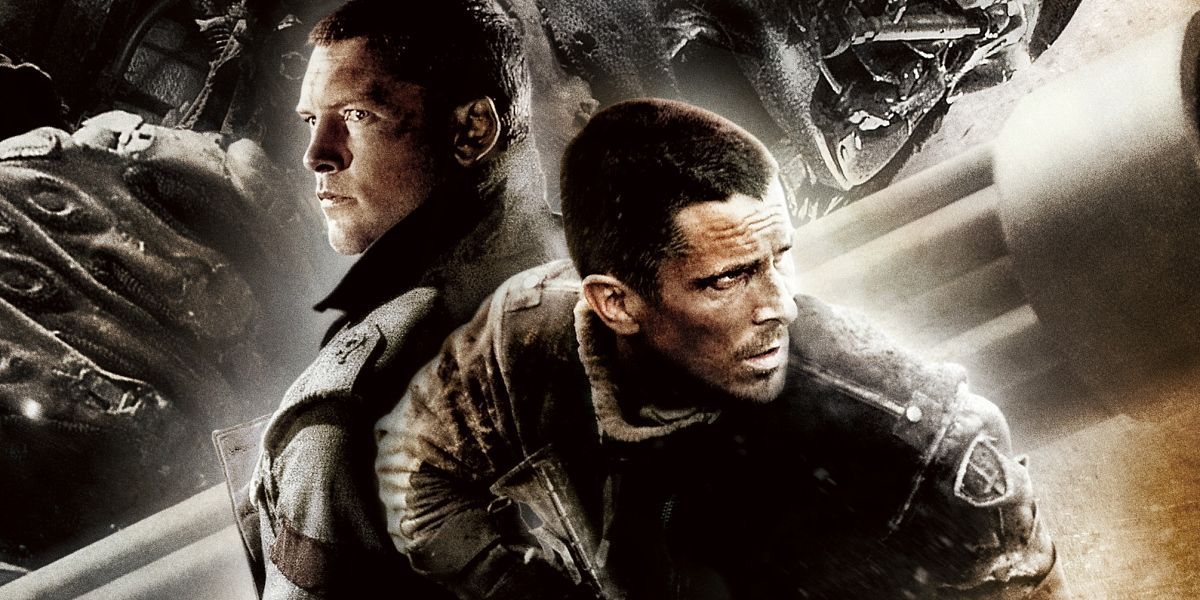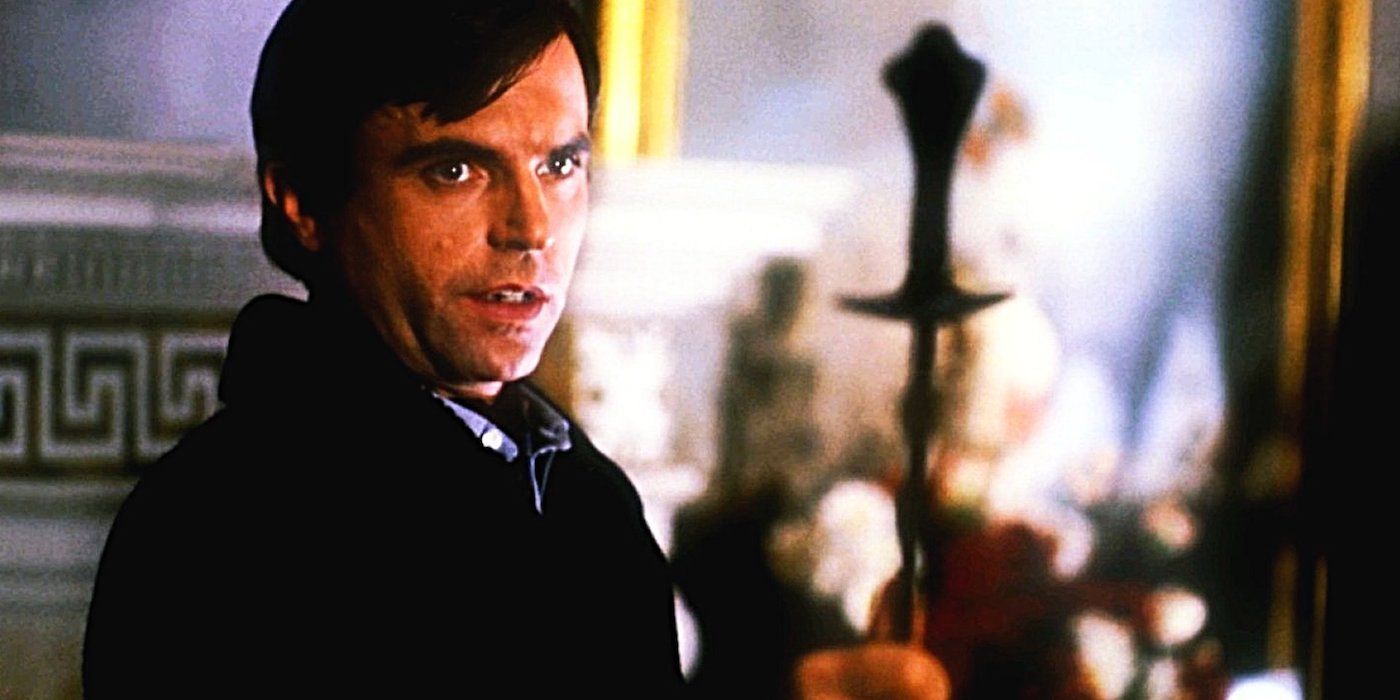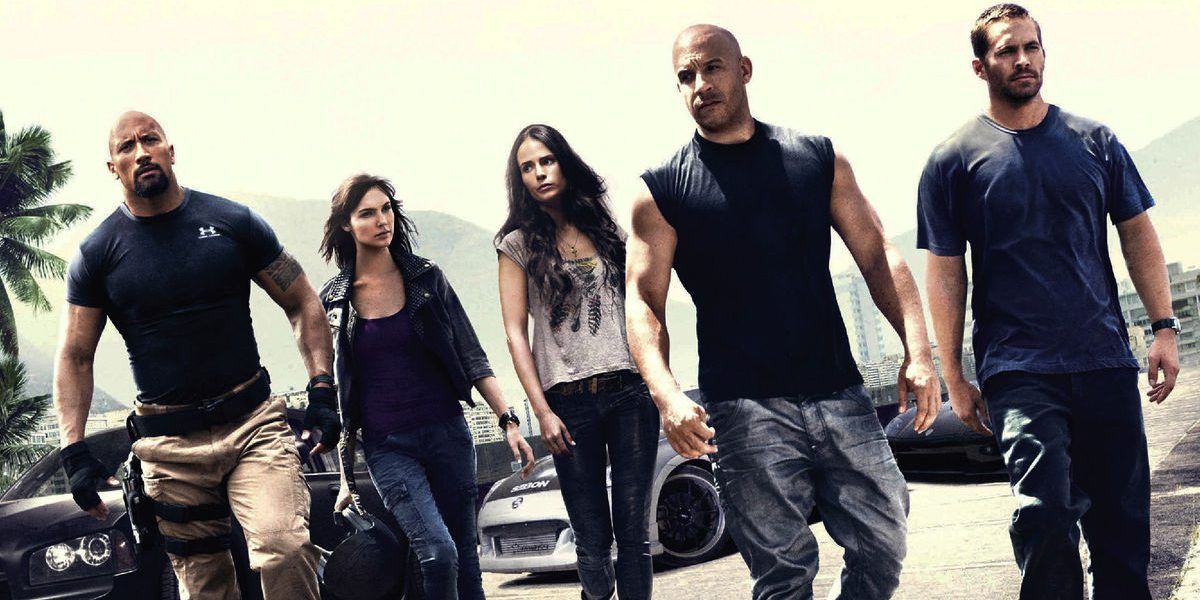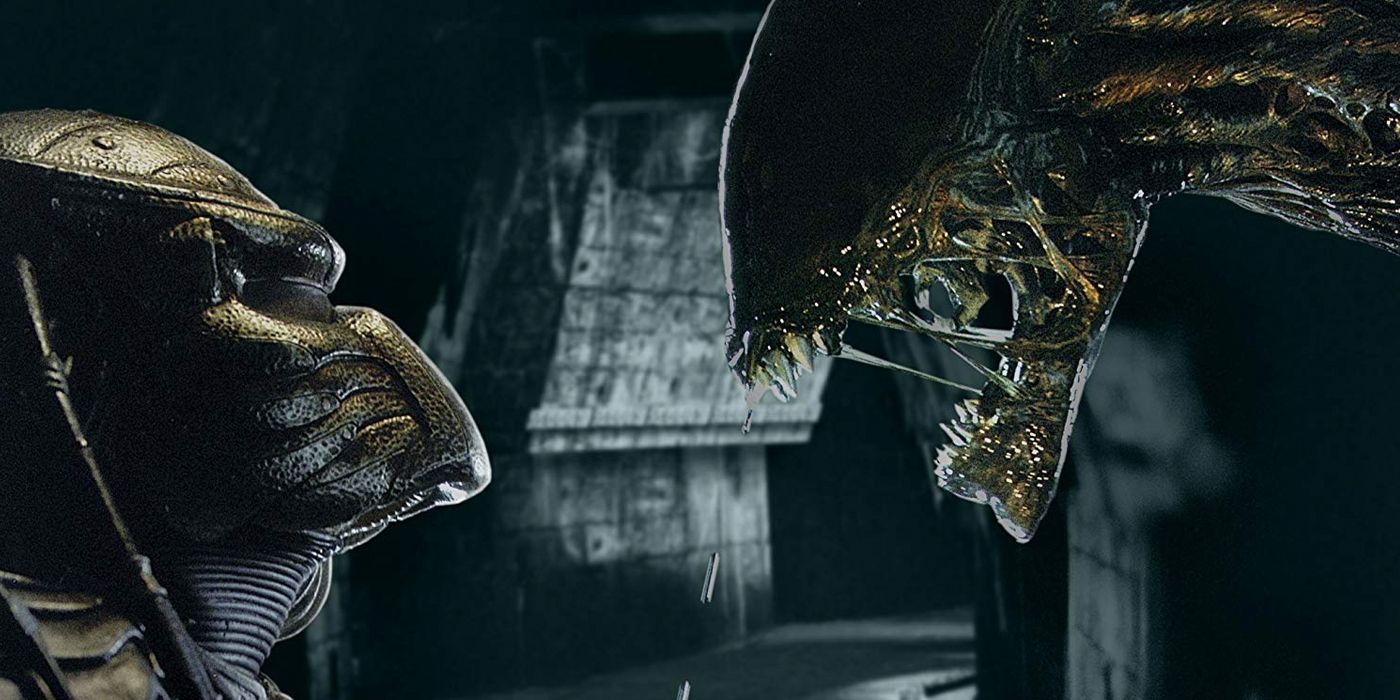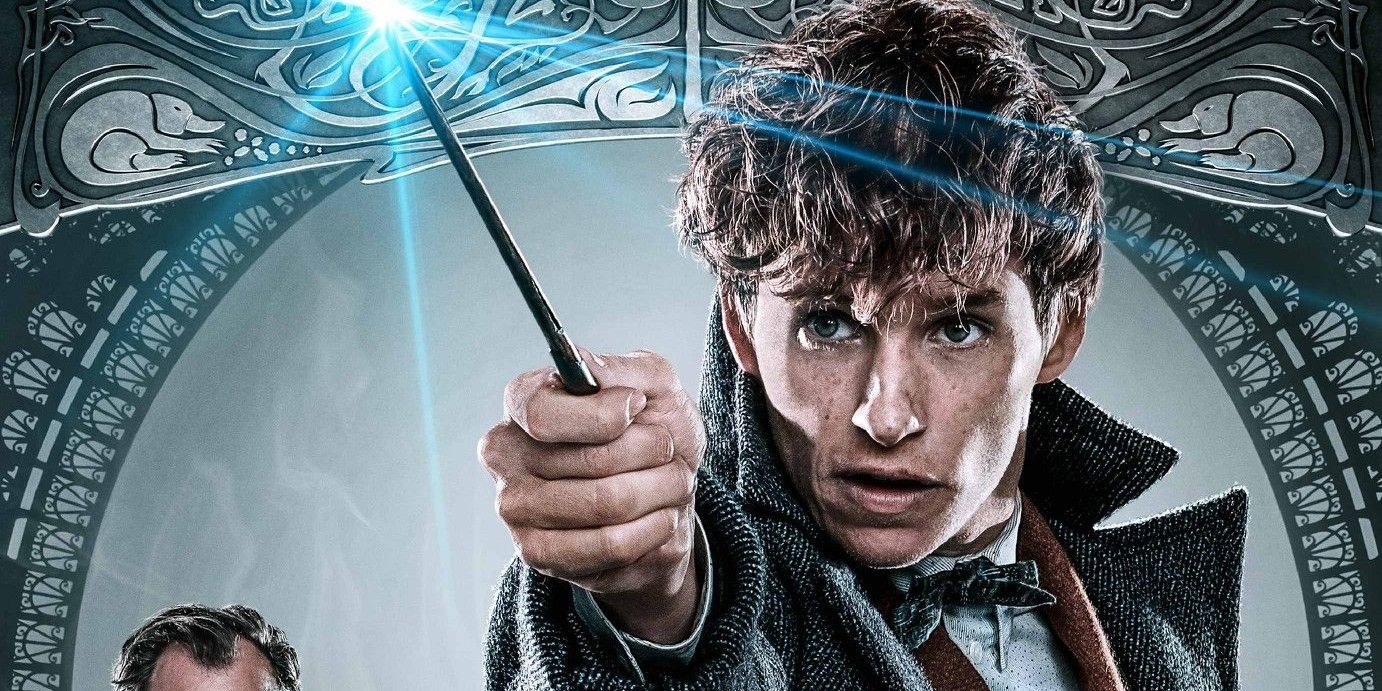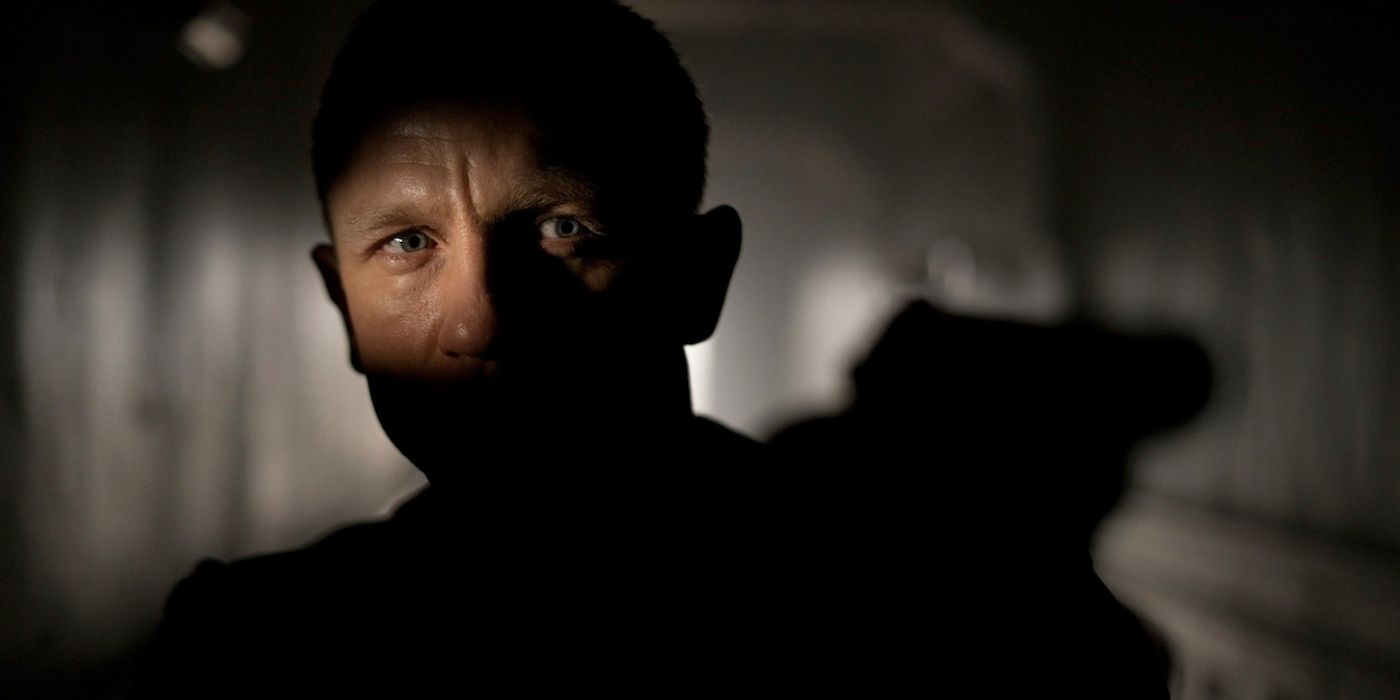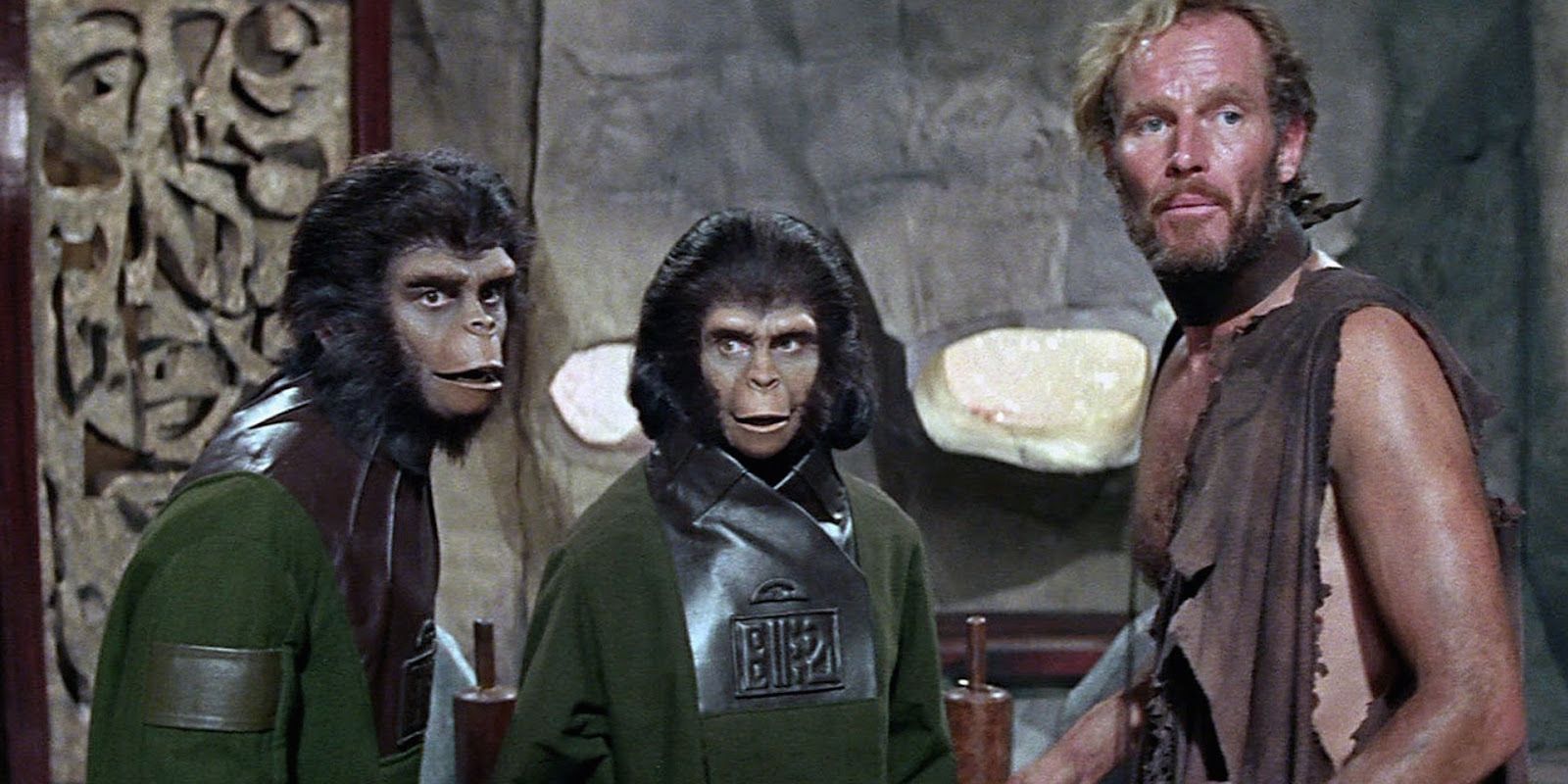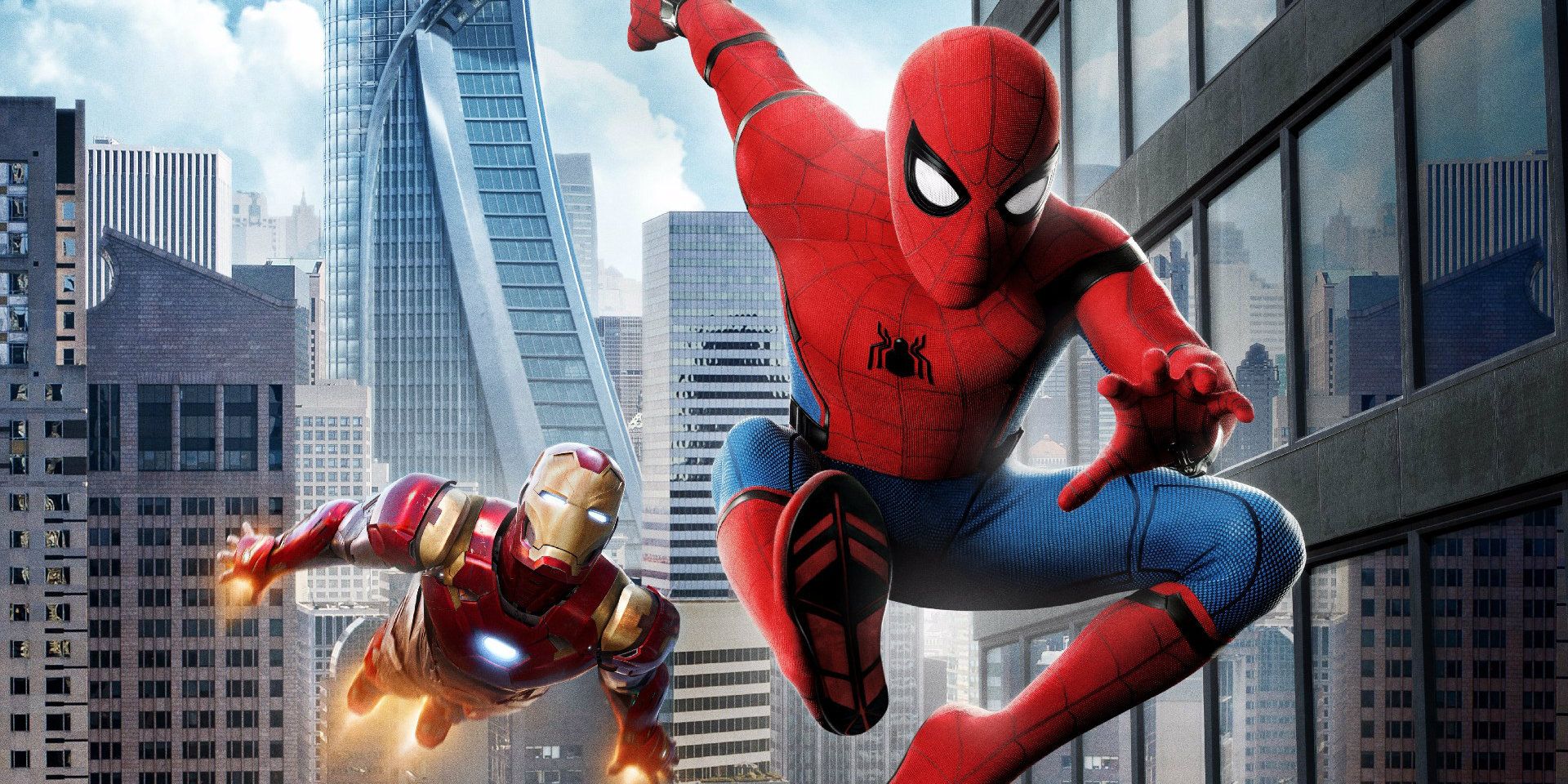No movie franchise timeline is perfect – and we’re totally fine with that. Given the choice between a satisfying story which slightly fudges existing continuity, or a dull, canon-compliant outing, we’ll choose the former over the latter every time. But there are limits to just how far a film series’ chronology can be bent before it snaps entirely.
When that happens, the wider tapestry of interconnected events no longer makes a lick of sense, and it’s not long before the entire franchise starts to implode. With this in mind, here’s a list of movies that straight-up broke their franchise’s timelines – good luck to anybody brave enough to try fitting the pieces together again!
X-Men: First Class
Arguably the worst offender on this list, the X-Men timeline, is an absolute mess. The first four movies fit together neatly (more or less), but it’s all downhill from there onwards. The cracks really start to show in X-Men: First Class, which retcons several key elements of the series’ backstory, including the relationship between Professor Xavier and Mystique, the creation of the Cerebro device, Emma Frost’s age and more.
From here, things only get worse. First Class follow-up Days of Future Past partially rewrites the franchise’s continuity in an attempt to fix it (ironically, only making things worse), while its direct sequels, Apocalypse and Dark Phoenix contradict canon like it’s an Olympic sport. There’s also Logan to consider – which at best takes place in an alternate timeline – plus the Deadpool movies, which are so chronologically challenged they can only really exist in their own universe, much less timeline!
Terminator Salvation
The Terminator franchise is perhaps the best example of why time travel is one of the most problematic plot devices, not just in film but across all storytelling media. Sure, it’s fun to play around with the paradoxes that arise when engaging in timestream-based shenanigans but that’s only if the rules established upfront are followed – which is something this sci-fi/action series most definitely does not do. On the contrary, the Terminator movies – as well as ill-fated TV spin-off, The Sarah Connor Chronicles – can’t seem to pick a lane when it comes to the exact mechanics of time travel.
Right from the get-go, the movies flit between a closed-loop (“changing the past will only ensure the future”) and open-loop (“changing the past changes the future”) approach. But even worse, each successive Terminator film from Salvation onwards has flagrantly disregarded what went down in its immediate predecessor – the result of several soft reboots of the series. We’re now at the point where upcoming sequel Dark Fate has relegated every installment from T2: Judgment Day onwards to “alternate timeline” status, simultaneously making things both more and less confusing for fans.
The Omen III: The Final Conflict
In fairness to classic horror property The Omen, chronological discrepancies between its first three entries don’t really impact the overall viewing experience. At the end of the day, you watch spooky outings like these to be scared out of your mind, rather than to quibble over the precise dates involved. As long as there’s a general sense of continuity between each installment, everybody’s happy – terrified, sure; but happy all the same.
Nevertheless, once you’ve rewatched the original trio of Omen movies – don’t bother with TV movie Omen IV: The Awakening or the 2006 remake – it’s hard to ignore the franchise’s ropey timeline. Which film does the most damage? It’s gotta be Omen III: The Final Conflict, which should really be set in the late 1980s/early 1990s but takes place in 1981 (the same year as its release date). This means that Anti-Christ Damien – only 12 years old in Damien: Omen II – ages 20 years in the span of only three.
Fast Five
The Fast and the Furious flicks have shown an increasing disregard for the basic laws of physics since the franchise debuted in 2001, and that includes time. Over the course of nine films and counting, a wide range of continuity errors have crept into the series’ timeline – some more noticeable than others.
For instance, more detail-oriented fans will have noticed that Brian O’Conner’s year of birth is listed as 1973 in 2Fast2Furious, while Fast Five pushes it forward to 1978, de-aging him five whole years. There’s also the matter of how Brian and Roman Pearce first met: according to 2Fast2Furious they were childhood friends, yet a comment by Brian in Fast Five suggests their first encounter occurred much later at a juvenile detention center!
Aliens Vs. Predator
There are a lot of reasons for fans to hold a grudge against Alien vs. Predator (and its sequel, Requiem), not least of which being that it totally gunks up the (already pretty wonky) Alien timeline. How? Well, the AVP duology sees its titular movie monsters squaring off in 2004, which shouldn’t be possible as Alien: Covenant makes it clear that Xenomorphs didn’t even exist until 2104.
In fairness to the team behind the AVP movies, Covenant was released 13 years later, so technically it’s responsible for this chronological gaffe, not the other way around. Even so, considering Ridley Scott – who personally launched the series’ chronology with 1979’s Alien – was calling the shots on Covenant, blame for this discrepancy is almost always attributed to AVP, instead.
Fantastic Beasts: The Crimes Of Grindelwald
Just how broken the Harry Potter timeline is depends very much on whether you insist that the first eight movies (like the books they’re based on) are meant to be set in the 1990s. However, most fans seem to accept that the Boy Wizard’s big-screen adventures take place in the 2000s, rendering any apparent anachronisms pretty much a moot point.
However, the Fantastic Beasts prequel movies, which series author JK Rowling insists are part of the same canon as her novels, really muddy the waters. This is especially the case where The Crimes of Grindelwald is concerned, as several plot points don’t jibe with continuity. From major reveals (there simply isn’t room in the timeline for Dumbledore to have a long-lost younger brother) to minor cameos (Professor McGonagall’s brief appearance eight years before she was actually born), these inconsistencies continue to drive fans crazy.
Skyfall
The James Bond series can be split into two clear timelines. First, there are the 20 (official) films that kicked off with Doctor No in 1962, which exist within the same loose continuity, and Casino Royale and its three sequels, which belong in their own rebooted, more tightly interwoven canon.
So what’s the beef? Well, those first 20 movies operate on a sliding timeline, which means that Agent 007 and his supporting cast don’t age a day during the 40 years that elapse around them. Then there are the issues caused by Skyfall. Arguably Daniel Craig’s finest hour as Ian Fleming’s superspy, the film nevertheless serves as a celebration of Bond’s 50th anniversary, which means that subtle references to pre-Casino Royale installments don’t quite gel with the revamped chronology.
Escape From The Planet Of The Apes
We’re going to be brutally honest, here: the various filmmakers in charge of the classic Planet of the Apes franchise flat-out didn’t care about the series’ timeline. How else do you explain the egregious temporal goofs that characterize the litany of sequels (and TV spin-offs) that followed the original 1968 film?
Seriously: even accounting for branching timelines caused by time travel chicanery in Escape from the Planet of the Apes, it’s virtually impossible to chart a logical progression between each film. Then there’s Tim Burton’s reviled 2001 remake, which only pours fuel onto the fire and is best ignored. On the plus side, the recent critically acclaimed Apes prequel trilogy represents a total franchise do-over, complete with a brand-spankin' new, easy-to-follow timeline.
Pirates Of The Caribbean: Dead Men Tell No Tales
Nobody expected Pirates of the Caribbean: The Curse of the Black Pearl – which is based on a theme park attraction, remember – to be the box office smash that it was. As such, Disney didn’t exactly have a rock-solid plan for the franchise’s future in place when sequels Dead Man’s Chest and At World’s End were rushed into production.
So it’s fair to say that we’re not dealing with the most well thought out cinematic cycle here. That said, while the minor continuity errors in the first two Pirates follow-ups can be attributed to haste, the significant timeline blunders in later entries are due to sloppy writing, plain and simple. Our favorite faux pas? Dead Men Tell No Tales’ reveal that baddie Salazar previously wiped out every pirate crew except for Jack Sparrow’s – which presumably includes the Brethren Court, who is shown to still be alive and well years later in At World’s End.
Spider-Man: Homecoming
You can lay the blame for the Marvel Cinematic Universe’s nonsensical timeline at the feet of one character: Spider-Man. OK, that’s not entirely fair: date-related dialogue in the likes of Captain America: Civil War and Thor: Ragnarok is problematic in the context of wider MCU continuity. At the same time, neither of those films, nor any other entry in the franchise, does anywhere near the level of irreversible damage that Spider-Man: Homecoming does in its very first scene.
Homecoming’s prologue is set eight years prior to the movie’s main narrative. Based on the official dates Marvel Studios has provided for other MCU episodes before and since, this means that the rest of Homecoming goes down in 2020 – four years later than it’s supposed to! This isn’t the web slinger's only chronological crime – his second solo joint, Far From Home, messes up Avengers: Endgame’s famous five-year time jump, too!

